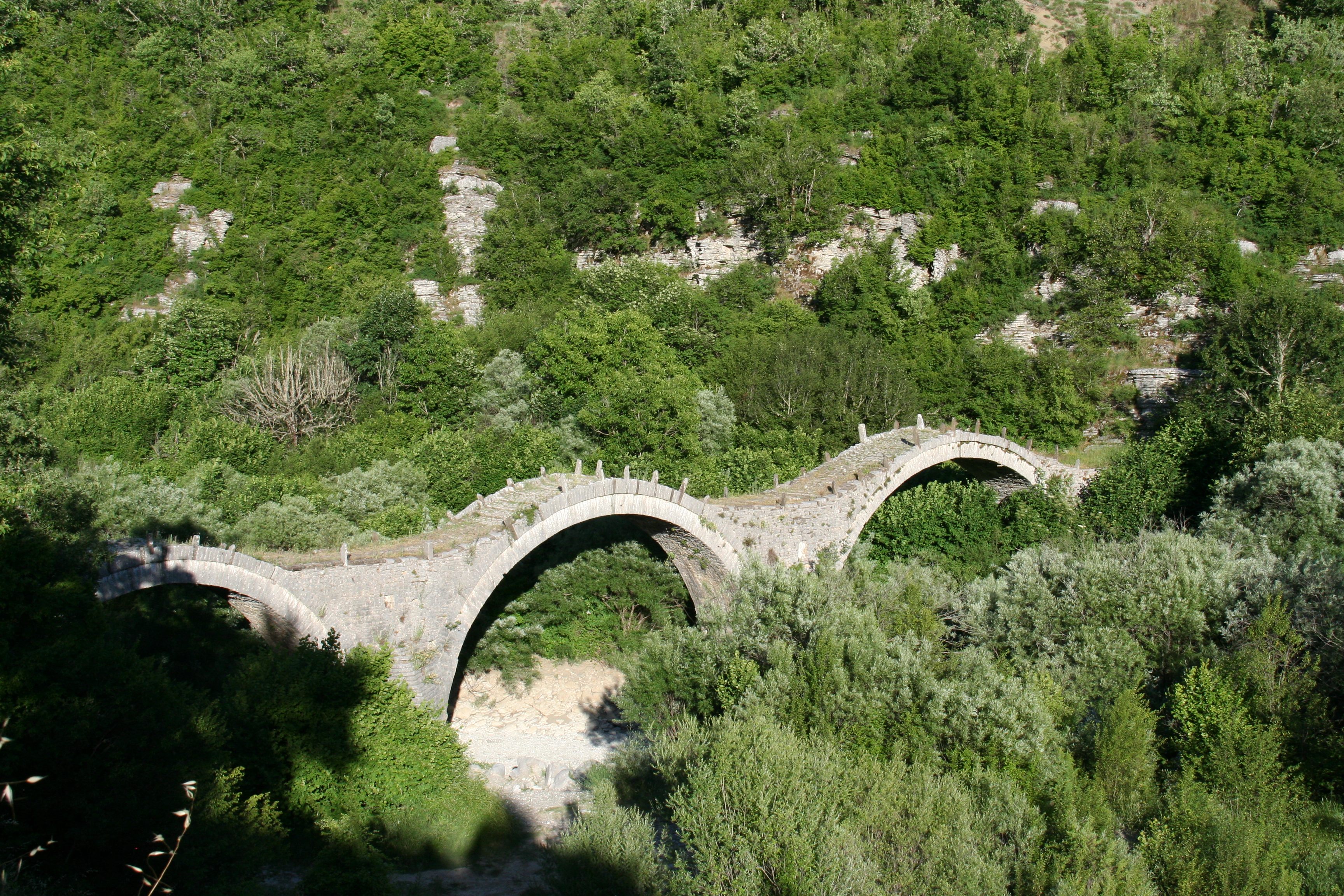
Four years ago, I thought of myself as a superwoman. With three research projects, a book contract signed, and two editorial positions, I had so much faith in my thinking abilities and such passion to make a difference in the world that I saw nothing as impossible. All that changed when I was diagnosed with breast cancer, catapulting my being into an immense identity crisis. All of my relationships changed at once—with myself, my spouse, my daughters, my parents, my siblings, my friends, the environment, time, and of course work. As an academic, I always thought I knew where I belonged: in the classroom, guiding my students in explorations that sharpen their minds; in interdisciplinary research collaborations that brought about solutions to grand challenges; and in the community, searching for ways to narrow the gap between academia and practice.
Feeling vulnerable taught me lessons that might be of benefit to others who wish to reflect on who they are, where they want to go, and how to cross the bridge over the water. “In the end, we are what we do to change who we are,” Eduardo Galeano, a Uruguayan poet and writer said. And sometimes intentional change is what is needed.
The Power of Non-Doing: Five surgeries later, my Before-Cancer choices were unfolding in front of my eyes. Getting caught up in the whirlwind of promotion and tenure guidelines, much of my energy went on determining bullet points on my CV—refereed journals, conferences, grants, committee assignments, courses. My confrontation with death reassured me and made me even more thankful for all the times I said “yes”:
- yes to teaching assignments that enabled me to take/pick up my girls from school;
- yes to family vacations even if the university’s spring break did not overlap with my daughter’s break;
- yes to spending summers in Cyprus where I grew-up and my parents live.
Lesson #1: Define your own measure of good and right and make it a priority.
The Power of Imperfection: Perfection was always my guiding principle. In my first year as Assistant Professor, I spent 25 hours on each powerpoint presentation for the history class I was teaching—and there were two per week. That same level of detail and attention would go to the syllabi I developed, the journal publications and grant proposals I crafted, the meeting notes I summarized.
Lesson #2: My scars are now a constant reminder of the beauty behind imperfections. Time is limited; and so is energy. Accepting imperfection can open up opportunities that would otherwise go unseen and unexplored, everything seem less scary and more doable.
The Power of Being: My oncologist warned me that learning to live “a day at a time” will be one of the hardest things I will ever do. Patience, my surgeon declared, is the word that needs to rise to the top of my vocabulary. Life as an academic though is all about planning ahead. Everything is clearly laid out far in advance: syllabi prescribe what will be done at each class session and dates for exams; grant proposals include a timeline for key deliverables; book contracts have a target date, often three years out. Living my life in this “future” orientation, I was in an automatic mode of operation—moving from class to meetings to writing to cooking to sleeping and then all over again. Every minute, I was focused on what needed to get done. There was no place for patience, for waiting, for insecurity, for an inner reflection on the present, for a focus on the fact that I am breathing, that I am here, I exist, or even that I matter.
Lesson #3: My After-Cancer self thrives on recognizing and allowing my own personhood to come through—along with that of those around me. Time, as it turns out, is a gift, one that can be used to re-instill a sense of dignity. I have now re-branded myself. Instead of focusing on my academic expertise, I now invest in being the one who says hello to everyone in the hall, who brings treats to the office, who finds humor when tension arises, who celebrates everyone’s achievements. Now, I am much more aware of what a difference simple acts of kindness can make in peoples’ lives.
In closing, breast cancer reaffirmed in me the belief that what we do matters and how we do it matters even more. Much remains to be done before breast cancer, and all cancers, are routinely treatable. In the meantime, I am relishing the freedom that comes from confronting my own humanity.

